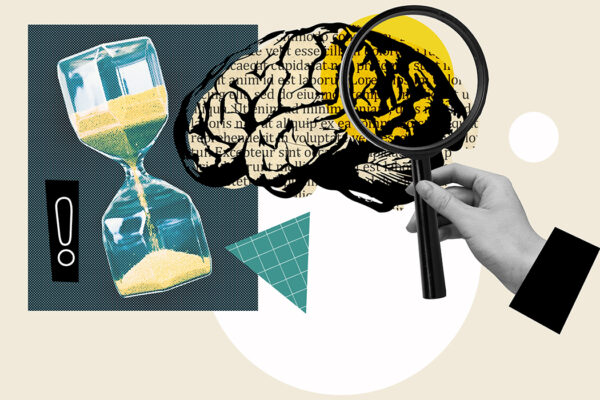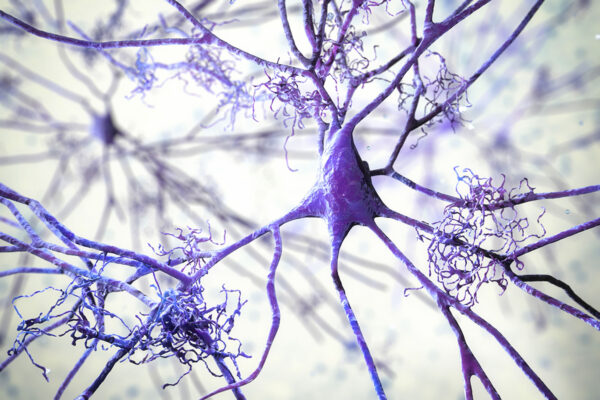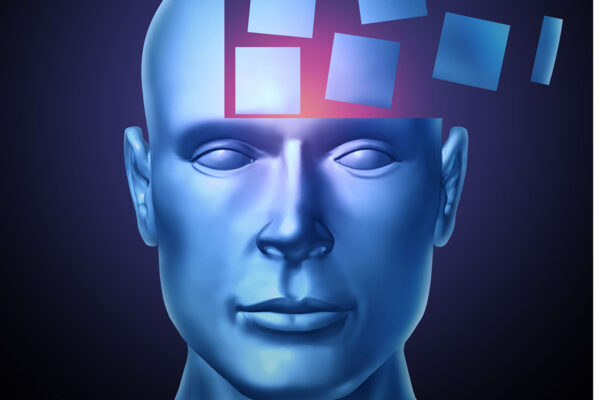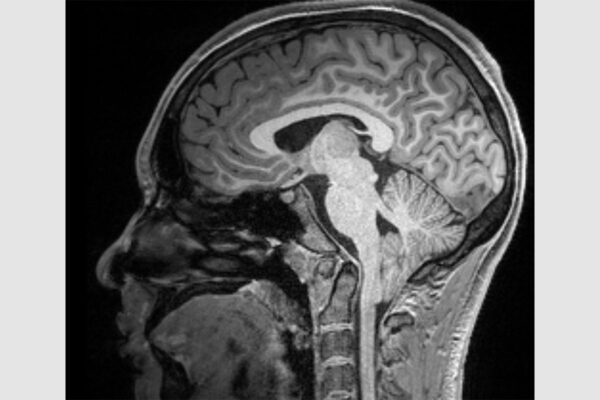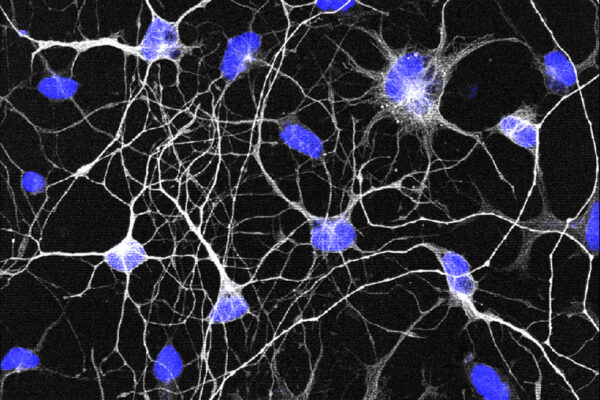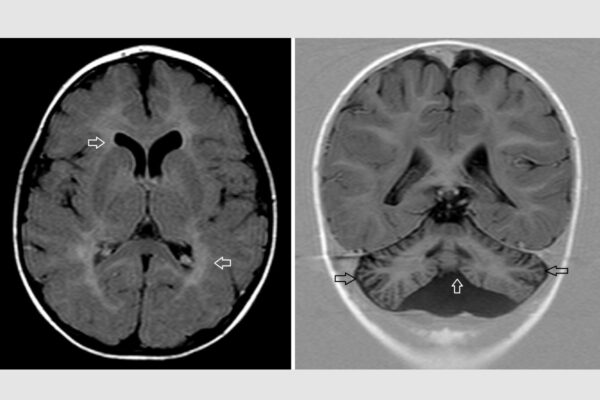Brain tumors hijack circadian clock to grow
Glioblastoma is an aggressive, incurable brain cancer that is the most common malignant brain tumor in adults. New research from Washington University in St. Louis shows that glioblastoma has an internal clock and syncs its daily rhythms to match — and take advantage of — the rhythms of its host.
Grant will fund development of vaccines to prevent dementia
Researchers at Washington University are looking to find new ways to design vaccines to protect against inflammation in the brain that causes dementia.
Barch honored by national mental health organizations
WashU researcher Deanna Barch was recognized by two national organizations for her work on schizophrenia and other mental health conditions.
Grant supports resources for the brain imaging community
Adam Eggebrecht, an associate professor of radiology at WashU Medicine, received $4 million from the National Institutes of Health (NIH) to disseminate powerful cloud-based resources to the brain mapping community.
The main events: How scenes from life shape consciousness, build memories
Brain science researchers at WashU are studying how the brain perceives, processes and remembers everyday events. Their goal is to create an intervention that could improve memory by helping people segment events.
Researchers define new subtypes of common brain disorder
Researchers at WashU have used AI tools to describe three sub-types of Chiari type-1, which will help guide clinicians to make the most effective treatment decisions for their patients.
Yoo receives grant from Hereditary Disease Foundation
Andrew Yoo, a professor of developmental biology at WashU Medicine, has received the 2024 Transformative Research Award, a two-year $1 million grant from the Hereditary Disease Foundation.
Researchers solve medical mystery of neurological symptoms in kids
Researchers at WashU Medicine collaborated with an international team of doctors and scientists to identify the cause of a rare genetic disorder involving intellectual disability and brain malformations.
Jin receives NIH grant to study congenital hydrocephalus
Sheng Chih (Peter) Jin, an assistant professor of genetics at WashU Medicine, has received a $3.2 million grant from the National Institute of Neurological Disorders and Stroke of the National Institutes of Health (NIH) to study the genetic and molecular underpinnings of congenital hydrocephalus.
Prestigious NIH Director’s awards go to three WashU faculty
Three researchers from Washington University have received highly competitive and prestigious National Institutes of Health (NIH) Director’s awards totaling $10 million over five years.
Older Stories
